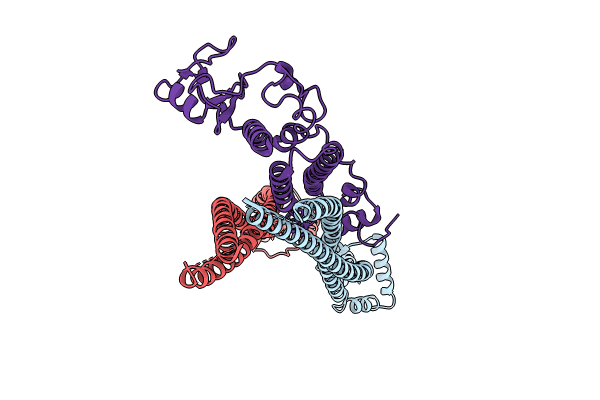
Deposition Date
2023-01-13
Release Date
2024-06-26
Last Version Date
2024-10-30
Entry Detail
Biological Source:
Source Organism:
Saccharomyces cerevisiae S288C (Taxon ID: 559292)
Host Organism:
Method Details:
Experimental Method:
Resolution:
6.02 Å
Aggregation State:
PARTICLE
Reconstruction Method:
SINGLE PARTICLE


